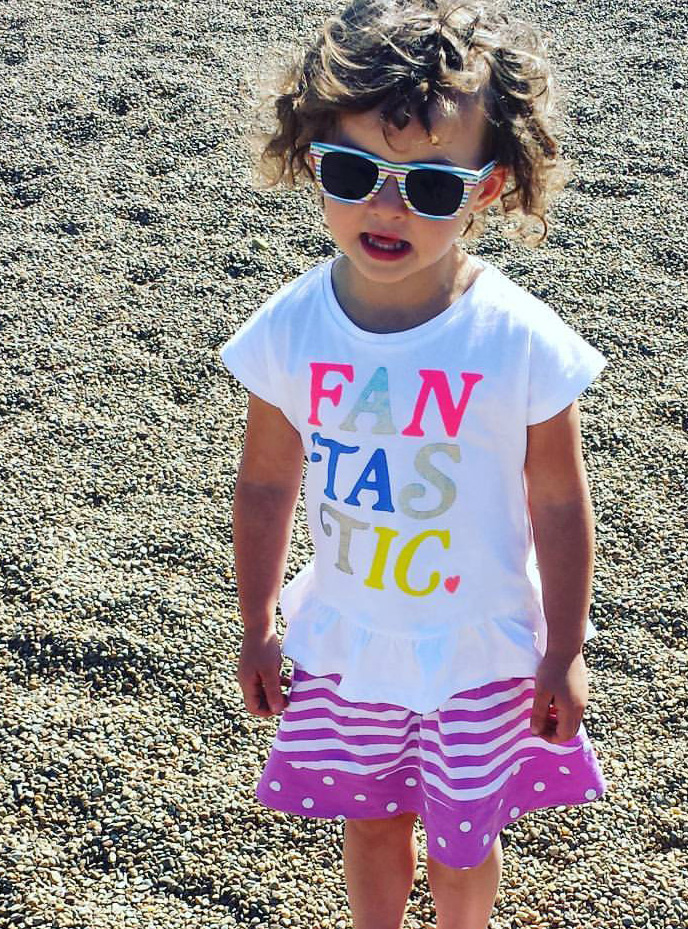Expecting moms and dads often need one common thing – support. The Parent Collective provides just that by helping to establish connections with other expecting parents through classes that minimize stress, and ultimately, make people feel like they are in this together.
We had the opportunity to partner with Jessica Hill, one of the Co-Founders of The Parent Collective, to learn a little bit more about her, her company, and what makes TPC so special.
Q: What inspired or influenced you to create The Parent Collective?
A: I decided to start TPC back in 2016 after hearing from countless friends that they spent their early months and years with their baby feeling lonely and isolated. Because I was lucky enough to have my boys in the UK and benefit from the NCT, my experience was wildly different, and I wanted to give a similar feeling of support through education to others. Quite simply – I don’t know how I would have gotten through the early months of my first baby without my village of NCT moms who got me out of the house, listened to me vent when I was struggling, swap strategies for dealing with the latest feeding/sleeping/illness issues that crop up, and filled countless afternoons with conversation and companionship. Everyone needs that support and I hope that TPC will fill this need.
Q: What are the variety of classes that you offer and what can parents expect to learn in each of them?
A: We offer a prenatal class series for expectant parents and after babies arrive, we offer CPR & First Aid classes, postpartum support groups as well as a wide range of workshops and online content developed in response to participant questions.
Our prenatal class, which is our core offering, is a 4-week series and in it, participants will discuss:
- Session 1: What to expect in labor and delivery
- Session 2: Relaxation techniques to help you through the early stages of labor, options for pain management and C-sections
- Session 3: Breastfeeding and bottle-feeding information and advice, including latching on, pumping, milk storage, getting on a feeding schedule, and how to manage problems that may arise
- Session 4: Newborn care
Q: How are your classes unique to the classes at my local hospital?
A: The Parent Collective offers a new style of prenatal class which is designed to provide evidence-based information, foster open, judgment-free discussion and establish friendships among couples living in close proximity and due at the same time. We see ourselves as an alternative to other childbirth education classes and hope that couples taking the series will develop a social network through participation, gather playmates for the little ones on the way and of course, provide that crucial support system that parents so need.
I am always banging on about how important it is to have friends with babies the same age as yours. I absolutely realize that it is hard to make friends as adults but with pregnancy as the common thread, it can sometimes be easier. Mom and dad friends at every stage of the parenthood journey are super helpful, but friends who have kids the same age as yours are essential. No one can fully appreciate the daily trials of a newborn like your friend who is also navigating life with a newborn. From spilling preciously pumped milk to dealing with an explosive poo in-transit. When you are in it, these feel like total disasters. However, these stories will not elicit a visceral “gasp!” from a new parent, but rather a breath of relief as you realize another real person has experienced something similar – like, yesterday.
Parents need this camaraderie so you can enjoy/survive the early days (and hopefully beyond) together. Our classes allow parents to solidify these relationships before babies arrive, so you don’t have to work so hard once they do. You can already be texting from the hospital about the terrible food and a love you never thought possible.
Q: Who are some of the facilitators that women can expect to meet in your classes (background, experience, mission etc.)?
A: All of our facilitators are nurses and midwives who can offer our expectant parents an accurate picture of what to expect in the hospital. Most are also mothers who can provide that additional layer of support having experienced first-hand what a world-rocking experience having a baby can be. Here is the background of one of our facilitators as an example but you can view all of them here.
Allegra Gatti Zemel, RN, IBCLC
Allegra is a registered nurse, Internationally Board-Certified Lactation Consultant (IBCLC), and mother of three. She holds a BA in English from UC Berkeley in California as well as a BS in Nursing from Columbia University in New York City. Allegra has 13 years of experience in hospitals, classrooms, and in-home care and instruction around Maternal/Child Health and specifically breastfeeding. Allegra works to help each person feel equipped and ready for the wonder, transitions, and joy of a new baby with special attention to feeding and bonding.
Q: Where are your locations and how can someone sign-up to learn more about The Parent Collective or join a class?
A: We currently host regular classes in Fairfield County, CT, Manhattan, Long Island, NY, Bergen County, NJ and we will very soon be launching in Westchester NY.
TPC will also soon be launching our prenatal series as a webinar. Watch this space!
To learn more, visit our website and sign-up for our newsletter, which offers information for expectant and new parents, as well as the opportunity to connect with parents who live local to you and have kids the same age.

Jessica Hill, Co-Founder of The Parent Collective
Written by Taylor Bell, Marketing & Social Media









